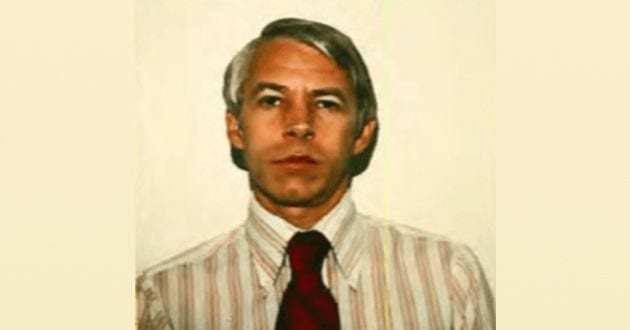Despite – or perhaps because of – the controversy surrounding its premiere, “Capturing the Friedmans,” directed by Andrew Jarecki, ranked No. 1 among independent films at the box office in it’s opening weekend.
Composed largely of vintage home videos and family interviews, “Capturing the Friedmans,” is a compelling, voyeuristic documentary, literally capturing the lives of husband Arnold, wife Elaine, and sons Jesse, David and Seth Friedman.
Through these videos, the audience meets the Friedman family one-by-one.
Teacher Arnold Friedman is a family man. While not outwardly affectionate with his wife, the close relationship he shares with Jesse, David and Seth is evident. The time spent with the boys is filled with joking, magic shows and piano lessons. He even teaches computer and piano lessons to neighborhood children. No one would guess he is a pedophile.
Elaine Friedman tries hard to be a good mother. She is naive, not very affectionate and doesn’t react favorably to humor. But she desperately wants to fit into the fraternity shared by her husband and sons. Despite her best efforts, she is often excluded.
Jesse Friedman is the youngest son. He is charismatic, charming, and an attention fiend.
David Friedman, the man behind the camera, is the most intriguing character of the film. He is the instigator of family arguments, especially those between the boys and their mother.
After a long, but necessary introduction to these starring characters, the audience is suddenly exposed to conflict. Without warning or transition, Arnold and 19-year-old Jesse are arrested on suspicion of myriad acts of sexual abuse of children during the father-and son-administered “computer lessons.”
In the course of a day, this seemingly typical Jewish-American family from New York is swept up in a media frenzy, becoming the object of public outrage and pain.
The film, 107 minutes in length, seems more like 307 minutes. This is not because it’s boring or complicated — to say less than captivating would be unfair – it’s just emotionally exhausting.
What’s most disturbing is the fact that unlike “The Blair Witch Project,” “Best in Show” or other recent big screen “documentary” successes, “Capturing the Friedmans” is not fictional. Everything the audience sees is 100 percent authentic, from the police invasion on their Long Island home to the disrespectful ways in which the Friedman boys taunt their mother.
As the film progresses, the audience learns the Friedman case is far from open-and-shut. Just when one feels sure of the truth, the film takes unexpected turns leaving viewers dumbfounded.
Jarecki, somewhat of a directing genius, should be commended for the outstanding way in which he presents such an emotional case – with absolute objectivity. His use of lawyer, police, student and journalist testimonials convincingly presents both sides of the case and the grey matter in-between, certainly proving himself worthy of the “Grand Jury Prize” he received at the Sundance Film Festival this year.
The intent of “Capturing the Friedmans” is not to offer a sufficient explanation as to what really happened in the Friedman house during the late 1980s. That’s left up to the viewer to decide. But it will skillfully challenge filmgoers to question their instincts, something they’re taught not to do.


